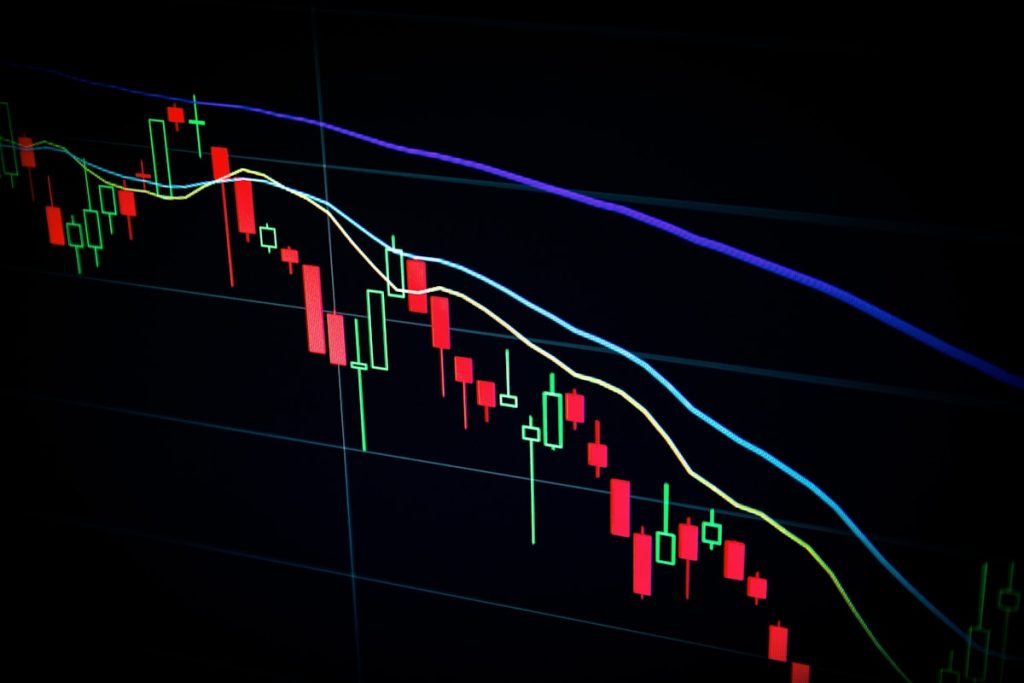Stocks Climb as Markets Digest Impact of Trump’s New Tariffs
U.S. equity markets surged on Wednesday despite the implementation of sweeping tariffs announced by former President Donald Trump, signaling investor optimism amid mixed reactions to the trade policy shift. The S&P 500 and Dow Jones Industrial Average each rose over 1.5%, while the Nasdaq Composite gained 2.1%, led by tech and industrial stocks.
Market Reaction Defies Initial Expectations
Analysts had anticipated volatility following the 10% levy on $300 billion of imported goods, targeting sectors like electronics, machinery, and consumer products. However, markets rallied as investors interpreted the move as a strategic effort to bolster domestic manufacturing. “The tariffs were priced in weeks ago, but the clarity has removed uncertainty,” said Linda Carter, chief strategist at Horizon Advisors. “Investors are betting on short-term gains for industries shielded from foreign competition.”
Sector Performance Highlights Diverging Trends
Key sectors saw sharp movements:
- Industrial & Energy Stocks: Companies like Caterpillar and Chevron jumped 3.2% and 2.8%, respectively, on expectations of increased domestic infrastructure and energy demand.
- Technology: Semiconductor firms, including Intel and Nvidia, rose over 4% as tariffs on Chinese components reinforced supply chain diversification efforts.
- Retail & Automotive: Companies reliant on imported goods, such as Target and Ford, dipped 1.3% and 0.9%, reflecting concerns over higher input costs.
Investor Sentiment Reflects Cautious Optimism
While equities advanced, bond markets signaled caution, with 10-year Treasury yields falling to 4.1%. “The rally may be short-lived if retaliatory measures escalate,” warned Michael Tran, global markets strategist at RBC Capital. Meanwhile, Fed Chair Jerome Powell emphasized “data-dependent flexibility” in monetary policy, easing fears of rate hikes disrupting growth.
Long-Term Risks Loom Amid Rally
Experts note that prolonged tariffs could reignite inflation and strain global trade relationships. China’s Commerce Ministry vowed to “defend its legitimate rights,” though specifics remain unclear. For now, markets focus on strong corporate earnings and AI-driven tech investments. As Goldman Sachs analyst Karen Collins noted, “The rally hinges on whether tariffs translate to tangible GDP growth—not just political headlines.”
Conclusion: A Fragile Balance
While stocks celebrate short-term gains, the tariffs’ structural impact on supply chains and consumer prices remains uncertain. Investors will monitor upcoming trade negotiations and Q2 earnings for clues on whether the optimism is warranted—or merely a temporary reprieve.



